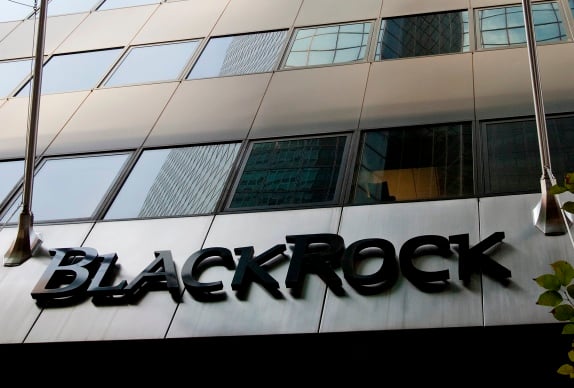BlackRock Inc.'s iShares woke to an unexpected present from rival exchange-traded- fund provider The Vanguard Group Inc. on Tuesday morning.
Vanguard announced it would be changing the underlying index of the $57 billion Vanguard Emerging Markets ETF Ticker:(VWO) to one provided by FTSE, dropping the MSCI index it had tracked.
The change was part of a larger move that saw 22 Vanguard ETFs, with just over a half trillion dollars in assets, switch underlying index in order to lower costs .
While fee cuts usually are the cause of headaches for rivals, the changes to the Vanguard emerging-markets ETF might actually be in iShares' favor. That's because the iShares MSCI Emerging Markets ETF Ticker:(EEM) now is the only emerging-markets ETF that tracks the MSCI Emerging Markets Index.
When both ETFs tracked the same index, the only real difference investors had to look at was the expense ratio; and Vanguard's 0.2% expense ratio clearly trumped iShares' 0.67%. Over the three years ending June 30, the Vanguard ETF had $39 billion of inflows while the iShares ETF had $1.3 billion of outflows.
The expense ratio woes of the iShares ETF are the poster child for why BlackRock chief executive Larry Fink announced the firm plans to cuts fees on a number of its iShares ETFs before the end of the year.
However, now that the two ETFs aren't tracking the same index, the expense ratio is just one of the factors advisers will have to consider when making the choice between the two.
The biggest question advisers will have to answer in the short-term is: “Would I like my emerging-markets exposure with Korea or without?”
FTSE considers Korea to be a developed market, so the country won't be included in the Vanguard ETF after it completes its transition, which is expected sometime early next year. Korea is the second-largest country in the MSCI index, with about a 15% allocation. That includes Samsung Electronics Co. Ltd., the largest holding in both emerging-markets ETFs.
Without Korea, the countries that will get the biggest boost in the Vanguard ETF are Brazil, Taiwan, South Africa, and India. Beyond that, the indexes aren't very different and Vanguard doesn't expect there to be a significant change in performance.
“Most broad-based international and equity indexes tend to move together,” said ETF strategist Joel Dickson.
Still, advisers are going to have an extra layer of homework now.
Matt Reiner, chief investment officer at Wela Strategies LLC, is still in the process of reviewing what the change means to his holdings in the Vanguard ETF.
“We're looking into the new index to see if it provides us with the same exposure we were getting and, if it doesn't, we need to make sure we're okay with the changes in exposure,” he said.
If Mr. Reiner, or any other adviser, isn't happy with the changes in exposure, iShares likely will be happy to steer him back toward the MSCI index.







